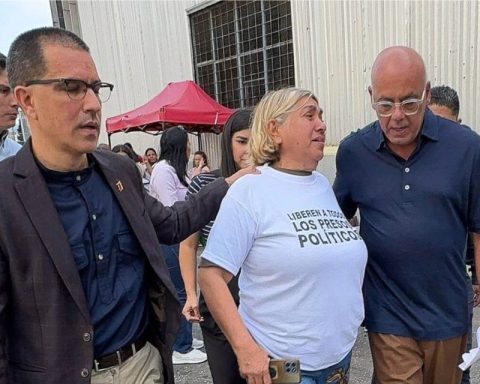EL PAÍS Editorial Office
Germany is drawing a checkbook to ease the burden of high energy costs this winter for both households and businesses, while trying to reduce consumption as much as possible.
The Government has decided to intervene in prices through reductions that it will finance with new debt within the package of 200,000 million euros announced a month ago.
The gas price cap is the main measure of the package that the coalition government of Social Democrats, Greens and Liberals agreed on Wednesday. Households and SMEs will pay 12 cents per kilowatt/hour for 80% of the expected annual consumption.
In the case of district heating, the cap is set at 9.5 cents. The measure will come into force in February, a month earlier than initially planned, and will last until April 2024.
The cost for the public coffers of assuming the amount above that ceiling is calculated at 33,000 million euros, according to the final 13-page document issued by the Council of Ministers.
The so-called brake on the price of electricity will be maintained in principle until April 2024, following the advice of a commission created ad hoc to advise the Government on the best way to fight the energy crisis.
The experts presented their conclusions on Tuesday and this Wednesday the chancellor, Olaf Scholz, meets with the leaders of the 16 federated states to communicate his decision and discuss with them the plan and other additional measures.
Industry support
The support for the industry that is so worrying in the rest of the European Union materializes with a cap on gas that will apply to 70% of its volume of consumption. The big companies will pay seven cents per kilowatt hour.
The goal, says the Government of Social Democrat Olaf Scholz, is “to substantially reduce its energy costs in order to cushion the risks to growth and employment during the crisis.” Germany is concerned that high energy costs will hurt value chains and that important basic industries will be forced to produce abroad. By introducing the limit to 70% of habitual consumption, an incentive for saving is achieved, the document highlights.
This reduction enters into force on January 1 and affects large consumers, those who exceed 1.5 gigawatts / hour per year.
The aid to large industrial clients will amount to some 21,000 million euros, which will come, like the rest of the amounts, from the large package of 200,000 million euros that the Government announced a few weeks ago and that is now being finalized.
The plan, baptized as “protective umbrella”, has aroused misgivings in Brussels and in the rest of the European partners due to its possible impact on the single market. Some leaders, such as Polish Prime Minister Mateusz Morawiecki, have directly accused “rich and powerful” Germany of using the crisis “to gain a competitive advantage for its companies in the single market.” In the EU, Germany refuses to put a cap on the price of gas, even though it is going to subsidize it internally.











